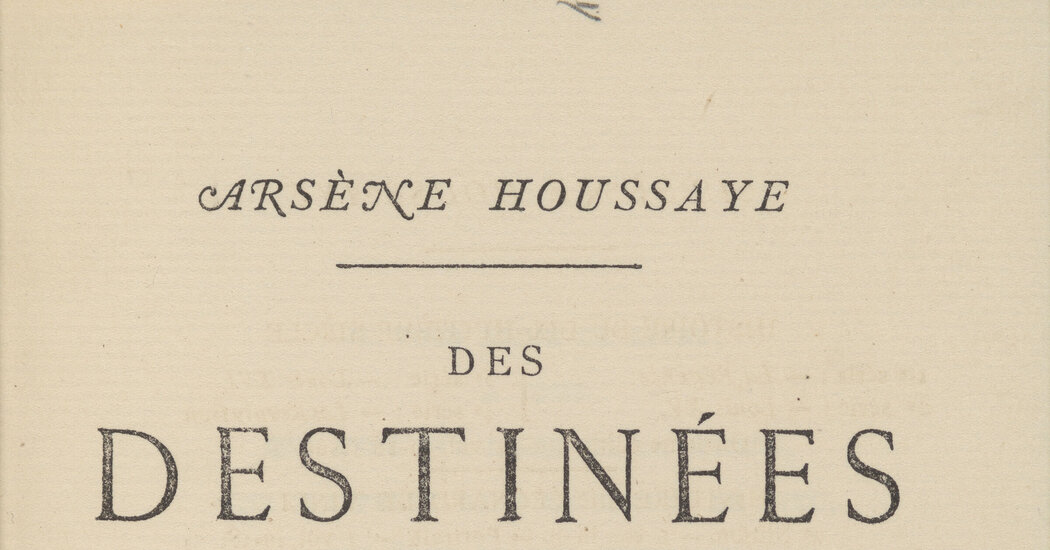The decision to find a “respectful final disposition” for human remains used for a 19th-century book comes amid growing scrutiny of their presence in museum collections.
Of the roughly 20 million books in Harvard University’s libraries, one has long exerted a unique dark fascination, not for its contents, but for the material it was reputedly bound in: human skin.
For years, the volume — a 19th-century French treatise on the human soul — was brought out for show and tell, and sometimes, according to library lore, used to haze new employees. In 2014, the university drew jokey news coverage around the world with the announcement that it had used new technology to confirm that the binding was in fact human skin.
But on Wednesday, after years of criticism and debate, the university announced that it had removed the binding and would be exploring options for “a final respectful disposition of these human remains.”



If the immediate family of the person donated it, sure.
But even still, it’s not about what my opinion is. They have a committee who reviews these things case by case, and they’re making recommendations about their archives based on historical context, educational value, and the individual being studied.
edit to add: Gage himself engaged with Harvard, and he wasn’t held against his will. He knew he was a subject of analysis, and his family willingly donated his remains to an educational end. The two are not comparable in any way, shape, or form.
As I said, they would argue Gage’s remains have educational value while the book does not. I do not agree with that. Either both have educational value (and the book arguably does too) so they should be kept, or neither does.
They conclude that “the human remains used in the book’s binding no longer belong in the Harvard Library collections, due to the ethically fraught nature of the book’s origins and subsequent history”. You’d really do much better engaging with the argument they’ve actually made, rather than the one you think they’re making.